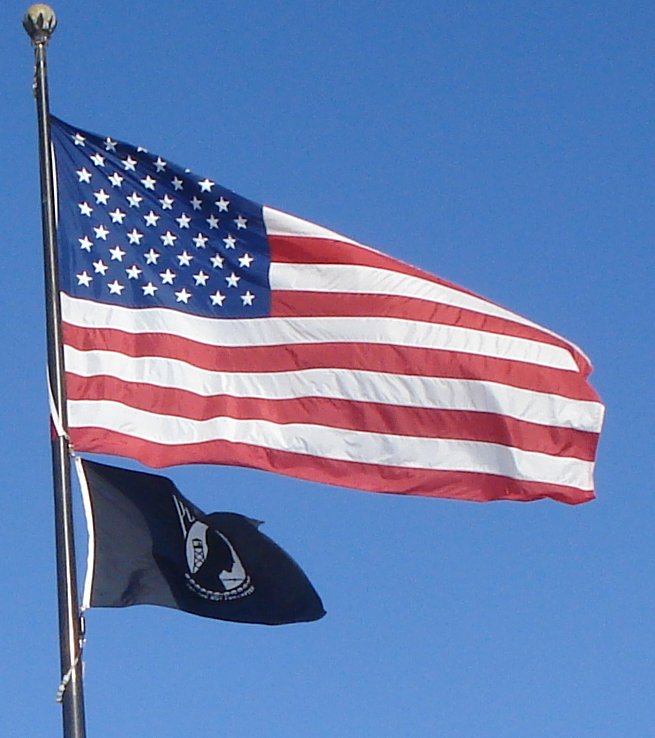Americans are generous people when it comes to both charitable giving and volunteering. You can find some of it in our cultural roots. Philanthropy and volunteerism are prominent in what you might call the British diaspora. But there is also something in the structure of American society. Some of it has to do with the absence of the types of government programs we find in many other countries and there is the effect of our tax system.

The absence of government argument cuts both ways. You can argue that individual Americans must step in because of government neglect, or you could argue that aggressive government intervention crowds out of preempts charities by individuals or groups. Both have some validity. Some of the same things get done everywhere but who does them is different.
Many things done by volunteers in the U.S. are government functions, even government monopolies in other places. Around my house, citizens do a lot of the work to maintain the local parks. In some parts of Europe (and even some American cities with strong unions) they are not allowed to do that. It is a government monopoly and no volunteer or free effort is wanted. That may be a trivial example, but it also extends to things like volunteer fire departments, hospital volunteers, community watches, after school programs and lots of other things.
Governments in the U.S. allow or encourage volunteerism in ways many others don’t. This may be changing, as I will discuss below, but first let’s talk taxes.
I heard a lecture entitled “Why doesn’t the U.S. have a cultural policy?” The speaker from the Smithsonian explained that the title of his lecture was meant to mislead, because American DID have a very strong and effective cultural policy. It was our tax policy. The citizens put up their own money, demonstrating their own real commitment and the government partnered with them by “spending” through tax breaks.
This kind of arrangement is entirely consistent with the workings of a democracy, since it decentralizes decision making and funds those things citizens throughout the country find most valuable. He contrasted this with the system used in a country like France, where a Paris-based elite decides what, where and who is worthy. This produces great fine arts, but tends to neglect non-elite projects as well as non-established artists and places that are not established cultural centers. In America, some of the most interesting cultural offerings are found in what would be called “provincial” places in other countries. In France with its centralized system, you find great culture in Paris and it tapers off drastically after that. Washington is not the cultural capital of America and, despite its own pretensions, neither is New York. The best orchestras, artists, dance troupes, theaters etc are distributed widely across the country. This is because American cultural policy allows for decentralized decision making and allows funding to follow the preferences of the people.
There is much gnashing of teeth about this cultural policy, but there is even more trouble with the centralized versions. The National Endowments for the Arts, for example, funds some questionable art. The one I remember best is the “piss Christ” where the “artist” submerged a crucifix in a cup of his own urine. Whether or not you think this guy will go to hell and whether or not you think it is art, the idea that some government official decided that your tax money should go to something like this is odious. However, it would be significantly less controversial if an individual donor had paid for it and then wrote off part on his taxes. In the latter case, it would just be an example of piss poor art rather than pissing on the taxpayers’ leg and telling them it is raining.
Our decentralized system allows for a wider variety of offering, even the bad type mentioned above. It replaces the bureaucracy with volunteers and makes much of the funding part of a public private partnership. In short, it is a great American system.
In some Eastern European languages, the word volunteer has a not entirely good connotation. I know that because I was corrected on several occasions when trying to explain volunteerism in the U.S. It seems that during communist times, the government would force people to volunteer and would organize them into work details. Sometimes they were doing exactly the same sorts of things our real volunteers do in America, but they were under the harsh lash of the communist officials. Governments have a history of commanding “volunteers.”
The American difference has been that volunteers often “command” government resources. The people are the senior partner in the government-private partnership. The people drive the policy, in other words. This is usually good and should be protected.
